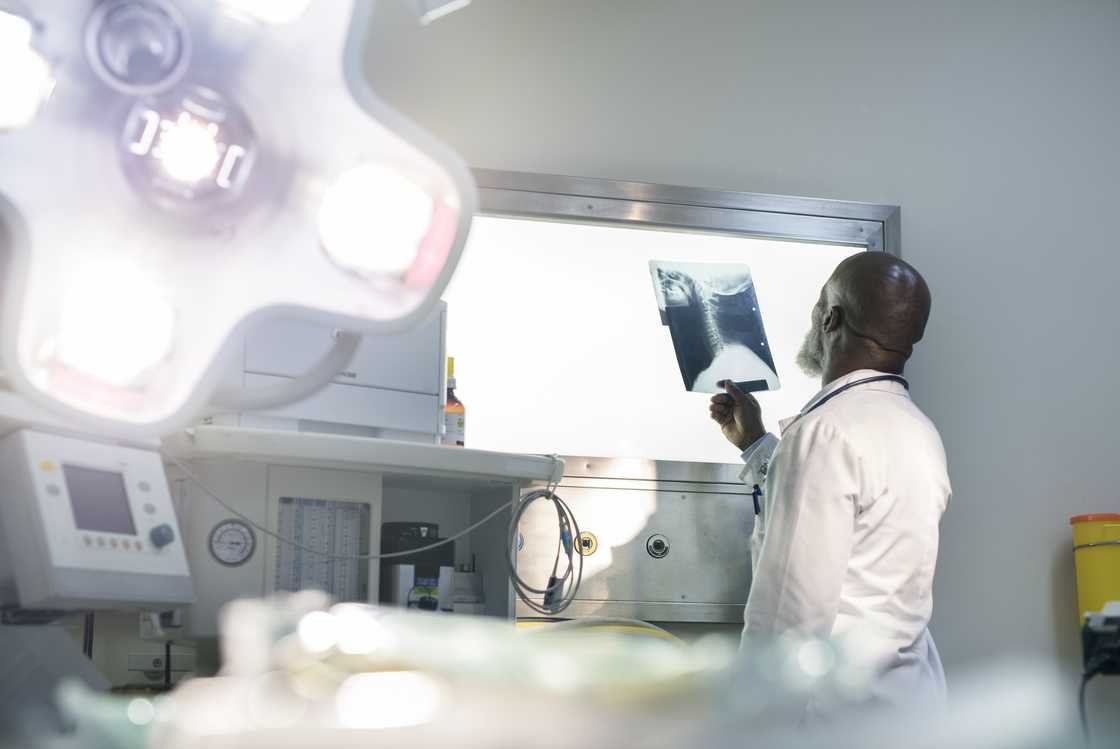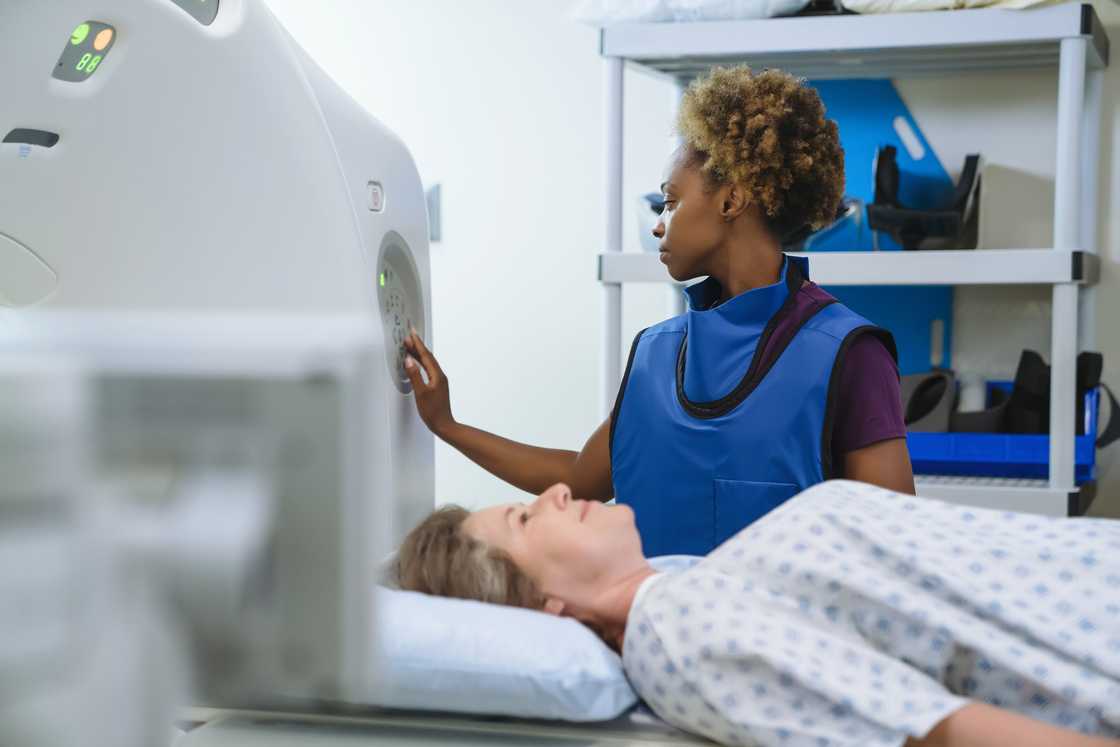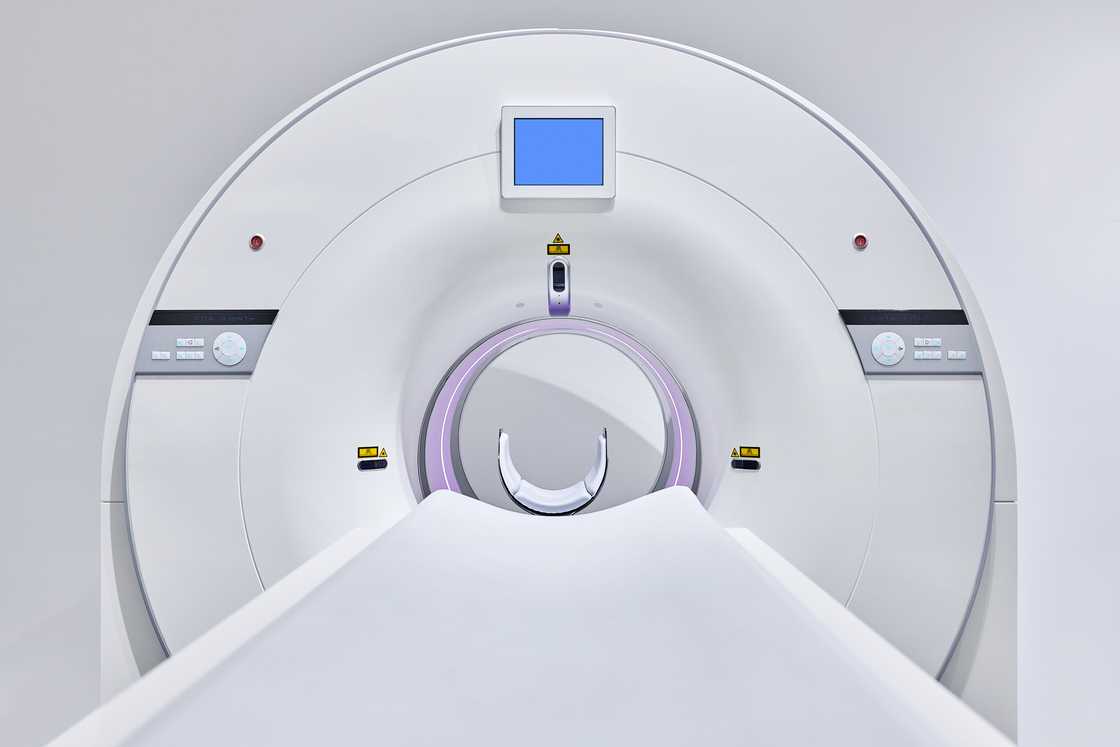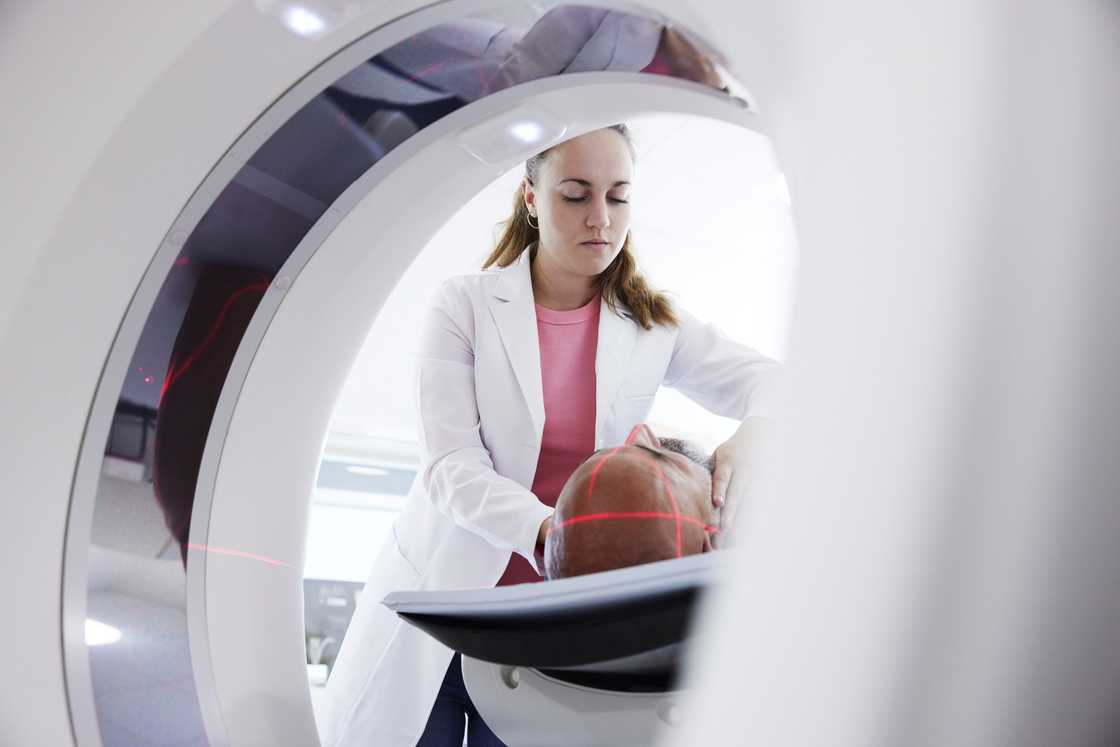Hey there, let’s talk about the growing medical imaging industry in South Africa and the rising demand for skilled radiographers. These professionals are the unsung heroes behind the scenes, capturing the images doctors need to diagnose and treat patients effectively. In this piece, we’re diving deep into the world of radiographers, exploring their salaries, responsibilities, and what it takes to become one.

TABLE OF CONTENTS
Radiographer salaries in South Africa are influenced by several factors, including specialization, location, and experience. This profession offers opportunities to work in diverse healthcare settings, from hospitals and medical labs to private practices and specialized clinics. Let’s break it down further.
Radiographer's Salary in South Africa
According to data from PayScale and Talent.com, the average radiographer in South Africa earns between R28,000 and R39,000 per month. If you're just starting out, you might expect around R3,700 per month (R44,000 annually). But don’t worry, the more experienced you become, the higher your paycheck grows. Top-tier radiographers can earn up to R75,000 per month (R900,000 annually). That’s a pretty sweet deal, right?
Read also:An Old Video About Big Zulursquos Accident Sparks Debate
Radiographer Salary in Cape Town
Now, if you’re thinking of heading down to Cape Town, the numbers get even more interesting. Radiographers in the Western Cape typically earn between R24,800 and R33,000 per month, as reported by Glassdoor and PayScale. Experienced professionals in this beautiful city can even take home over R36,000 monthly. Who wouldn’t want to work in a place with such stunning views and great pay?

What Type of Radiographer Makes the Most Money?
Not all radiographers are created equal when it comes to earning potential. Specialized roles often command higher salaries. In South Africa, magnetic resonance imaging (MRI) technologists are among the highest earners, pulling in an impressive R490,000 annually (R40,800 per month). Here’s a quick look at what other radiography specialists can expect:
| Profession | Average Salary |
| Ultrasonographers | R450,000 per year/R37,500 per month |
| Computed tomography technologist | R330,000 per year/R27,500 per month |
| X-ray technician | R240,000 per year/R20,000 per month |
| Sonographers | R419,000 per year/R34,900 per month |
| Radiologic technologists | R186,000 per year/R15,500 per month |
| Interventional radiographers | R382,000 per year/R31,800 per month |
| Mammographers | R337,000 per year/R28,000 per month |
| Nuclear medicine technologist | R297,000 per year/R24,750 per month |
| Radiation therapist | R344,000 per year/R28,600 per month |
Factors Affecting Radiographer Salary in South Africa
So, what exactly determines how much a radiographer earns in South Africa? There are several key factors at play:
- Experience: The longer you’re in the game, the more you’re likely to earn. Seasoned radiographers tend to command higher salaries.
- Specialization: Specializing in advanced areas like MRI, CT scans, or nuclear medicine can significantly boost your earning potential compared to general radiography.
- Location: Where you work matters. Radiographers in bustling urban centers like Johannesburg or Cape Town often earn more than those in rural areas.
- Education and Qualifications: Higher education and additional certifications can open doors to better-paying opportunities.
- Type of Employer: Private hospitals tend to offer higher salaries than public ones, so your choice of workplace can impact your income.
- Bonuses and Incentives: Extra perks like bonuses, housing allowances, and medical insurance can sweeten the deal, adding to your overall earnings.

What Does a Radiographer Do?
Radiographers are the tech wizards of the medical world, creating life-saving images using cutting-edge technology. Their responsibilities are wide-ranging and crucial to the healthcare process:
- Operating Imaging Equipment: Radiographers skillfully use X-ray machines, CT scanners, MRI machines, and ultrasound devices to capture detailed images of the inside of a patient’s body.
- Preparing Patients: They ensure patients are ready for imaging procedures, explaining the process, positioning them correctly, and making sure they’re comfortable.
- Ensuring Safety: Safety is paramount. Radiographers follow strict protocols to protect both patients and themselves from unnecessary exposure to radiation.
- Assisting in Diagnosis: The images they produce are vital tools for radiologists to diagnose and treat medical conditions.
- Specialized Imaging: Some radiographers focus on specific types of imaging, such as mammography, nuclear medicine, or interventional radiology, which involves guiding procedures using imaging.

How Does One Become a Radiographer?
If you’re ready to step into this rewarding career, here’s what you need to do:
- Educational Requirements: Start by enrolling in a bachelor’s degree program in radiography at an accredited university in South Africa. Institutions like the University of Johannesburg, the University of Pretoria, and the University of Cape Town offer these programs. Make sure you meet the entry requirements.
- Clinical Training: During your studies, you’ll complete clinical placements at accredited training sites. This hands-on experience is essential for developing practical skills.
- Registration: To practice legally, you must register with the Health Professionals Council of South Africa (HPCSA).
- Continuous Professional Development: Stay ahead of the curve by engaging in ongoing learning and development. Pursuing advanced degrees can help you qualify for leadership roles or specialized positions, further boosting your earning potential.
How Many Years Does It Take to Be a Radiographer?
Becoming a radiographer in South Africa usually takes about four years of full-time study. However, some programs may extend up to six years, depending on the specific curriculum and any additional requirements.
Read also:Kairo Forbes Celebrates Late Father Akarsquos 37th Heavenly Birthday With Heartfelt Memories

The salary range for radiographers in South Africa reflects the bright future and numerous opportunities within this field. As healthcare continues to evolve, radiographers remain indispensable, playing a critical role in medical diagnostics and patient care.
READ ALSO: Actuar


